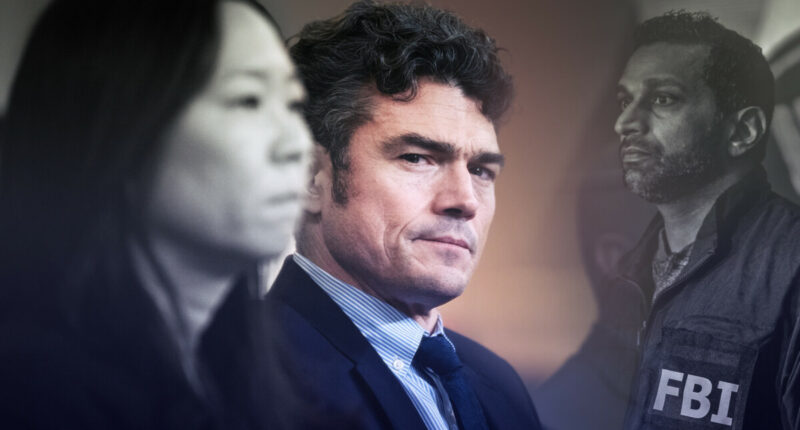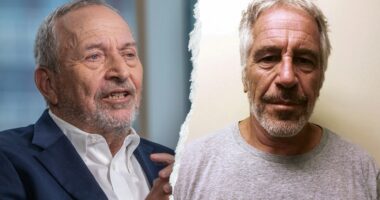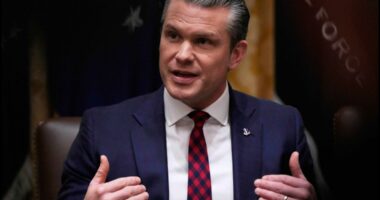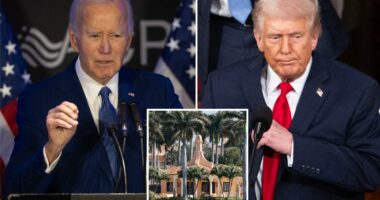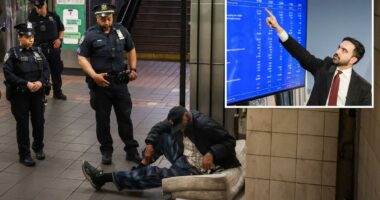Share this @internewscast.com
FBI Director Kash Patel has abruptly terminated an investigation into possible foreign involvement in the murder of conservative activist Charlie Kirk. This decision has sparked serious concerns about the bureau’s commitment to uncovering the full truth behind the case.
Joe Kent, leader of the National Counterterrorism Center and a close advisor to Tulsi Gabbard, has been delving into FBI files to assess if any foreign powers were involved in aiding Tyler Robinson, the alleged assassin of Kirk. As reported by The New York Times, Kent’s investigation has unsettled Patel and other high-ranking officials in the Department of Justice, who see this move as encroaching on FBI territory and disrupting the current legal proceedings.
The Times detailed that Kent, in recent weeks, scrutinized FBI documents to determine if Robinson acted alone or had backing from a foreign entity or other sources, according to insiders familiar with the situation.
Patel, initially celebrated as a reformist figure within the FBI, perceived Kent’s actions as a direct affront to the bureau’s authority over the case. The report highlighted that Patel and other senior figures considered Kent’s investigation an overreach, potentially meddling with the FBI’s responsibilities and the legal proceedings against Robinson.
The severity of Charlie Kirk’s assassination and its broader political ramifications naturally invite scrutiny of the FBI’s actions and transparency. Independent journalists like Candace Owens, Sam Parker, and Ian Carroll have uncovered concerning discrepancies in the official narrative. Owens, in particular, has pointed out attempts by influential entities to suppress critical evidence and manipulate public opinion about the murder.
The public’s trust in the FBI’s account has significantly waned. To many, the government’s approach to the case seems geared more toward swiftly closing it while concealing inconvenient truths. This case highlights a larger crisis of trust in a justice system increasingly perceived as politically driven rather than unbiased.
As Tyler Robinson remains detained, potentially facing the death penalty, the public demands straightforward answers: What were the true motives and capabilities behind Charlie Kirk’s murder? Why is credible evidence from independent journalists being ignored while the FBI appears to stifle further investigation? The situation evokes memories of historic government cover-ups, fueling suspicions that essential details are being intentionally hidden.
Increasing numbers of Americans reject the sanitized narratives promoted by the FBI and Kirk’s affiliated organizations. With mounting contradictions and unresolved questions, this situation looks less like an investigation and more like an official smokescreen. The involvement of the FBI, DOJ, and White House in halting deeper probes only fuels the perception that what lies beneath is something the government is desperate to conceal.
The American people deserve truth and accountability — not silence and secrecy. Yet all evidence suggests the priority remains protecting reputations over uncovering the full story. It is this reality that drives growing skepticism and anger, as citizens recognize a cover-up when they see one.
This case stands as a stark warning: trust in institutions promised to serve justice is rapidly diminishing amid fears of widespread deception and misdirection. The imperative now is to demand transparency and resist efforts to obscure what truly happened.
